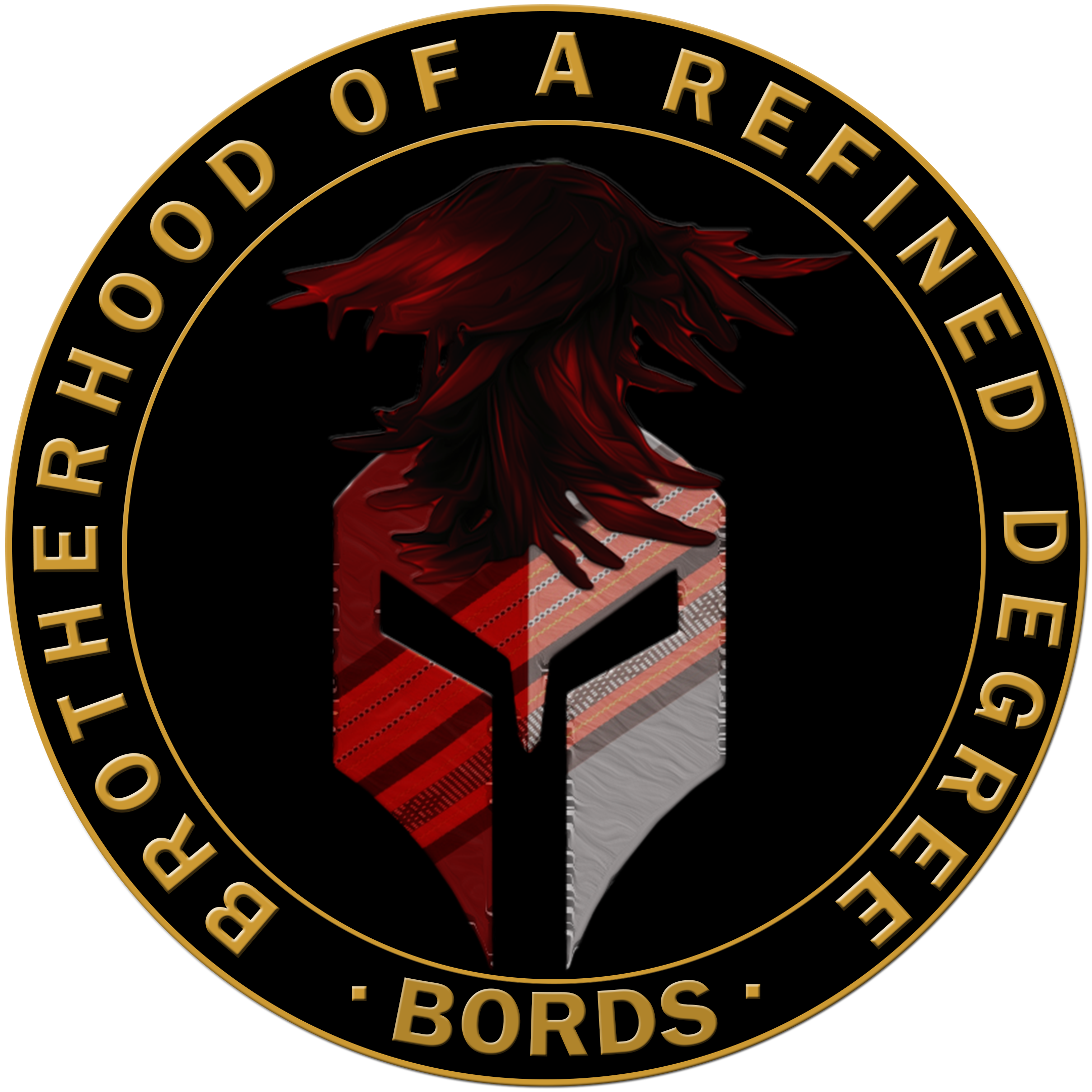by: Byron Allatog
The change of the Police Community Relations Group (PCRG) into the Police Community Affairs and Development Group (PCADG) was borne with the approval of the PNP PCAD Master Plan “Tagataguyod” 2019. As stipulated under the PNP memorandum circular, many adjustments were made to this change. Since the PNP started in 1990 under RA 6975 law, the police organization must function as a community and service-oriented agency mandated by RA 8551 law. The police community concept has then operated under the PNP Masterplans- “Sambayan” and “Santinig” until 2019. Then, the Master Plan “Tagatuguyud” 2019 optimized community policing functions; it is now working under three dimensions: Information Dissemination Operations, Public Information, and Community Affairs Development (IDO-PI-CAD).
The law mandates the police organization to work with the community or, as defined to be, a police community-oriented agency; the name of the unit before and today could have been more realistic with the Police-Community Relations Group/Affairs and Development Group. What is within the hyphen? The dash presence prescribes the PNP mandate and connects the two words into one. Thus, it sounds fitting for the police and community as one; collaborating and parntering to make the communities safer. It is one word, two entities joined by a dash to function and perform as one. The hyphen has indeed embarked on the law’s intent prescribing the PNP organization as a community-police-oriented agency as defined under RA 8551 and the 1987 Philippine constitution.
PMGEN ERIC E NOBLE, the former Director of PCADG and the game-changer for the unit, not only embarked on the functions of PCADG to be at the forefront in the propaganda war but also upgraded the tools needed for the PCADG functions to hit its relevancy in the actual and virtual world. Focused not only on optimizing unit operational tools to function under the PNP Quad Function Concept (Invest-Intel-Opr-PCR/PCAD) but also on enhancing the administrative capability of the unit by requiring PCAD training eligibility for all personnel in which taking CMO courses at the AFP-CMO schools (CRS, Philippine Army, and Philippine Navy) are mandatory. To be relevant, the former Director activated the 17 regional PCAD to form its warrior diplomats to hit and work within the communities and with the local police units. Further, throughout the process, the 17 regional PCAD offices then opened the 17 top positions to be classified as gateway TO positions for the rank of police colonel. As the Director of PNPA, PMGEN Noble still yearns to see the possible incorporation of the hyphen in the unit name Police-Community Affairs and Development Group to hit the PNP mandate in just the word itself.
From a personal perspective, the brief ten-month assignment with PCADG (2021-2022) has opened another mark on my policing career. The continued pep talks (guidance and knowledge) from my Director regarding the work functions and his push to attend CMO courses led me to absorb new and vast knowledge from the two different mind-wracking courses offered by the AFP-CMO schools. It truly made me better as it broadened my perspectives more deeply prior to joining the PCADG unit.
Suppose the hyphen will be incorporated and approved like this, Police-Community Affairs and Development Group; just a simple hyphen will help change the organizational mindset in our policing approaches. Thus, we hope to see more leaders and mentors in the PNP organization with great minds projecting simple ideas to achieve incredible things or game-changing concepts that will move the whole organization to better heights—just in the hyphen joining two words that explicitly align the PNP mandate-the hyphen seen by PMGEN ERIC E NOBLE.
________________________________
DISCLAIMER
The views expressed in this article are those of the author. They do not necessarily reflect the position of the Philippine National Police, the Armed Forces of the Philippines, or the Philippine Government.
CSOP101 is a professional learning site for community policing advocates, practitioners, and supporters in changing the policing landscape. It is likewise an issue-based, related to or addressing nation-building. The views expressed within individual blog posts (police blog and academic) are those of the author and do not reflect any official position or that of the author’s employers. Any concerns regarding this blog post or resources should be directed in the first instance to byron.allatog012@gmail.com.






